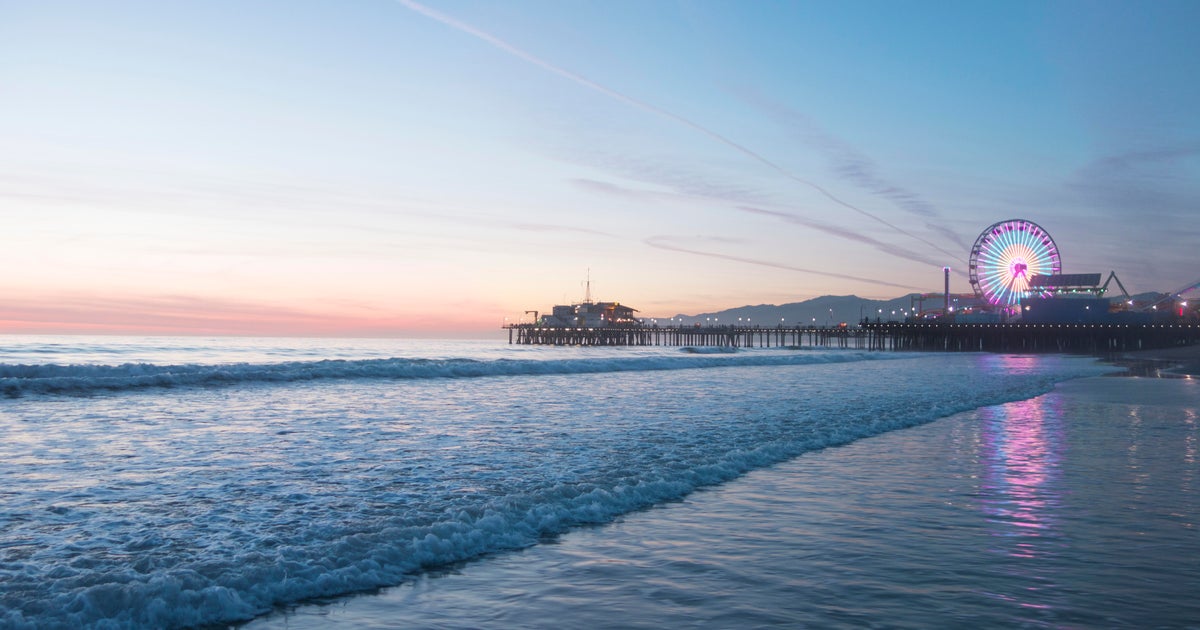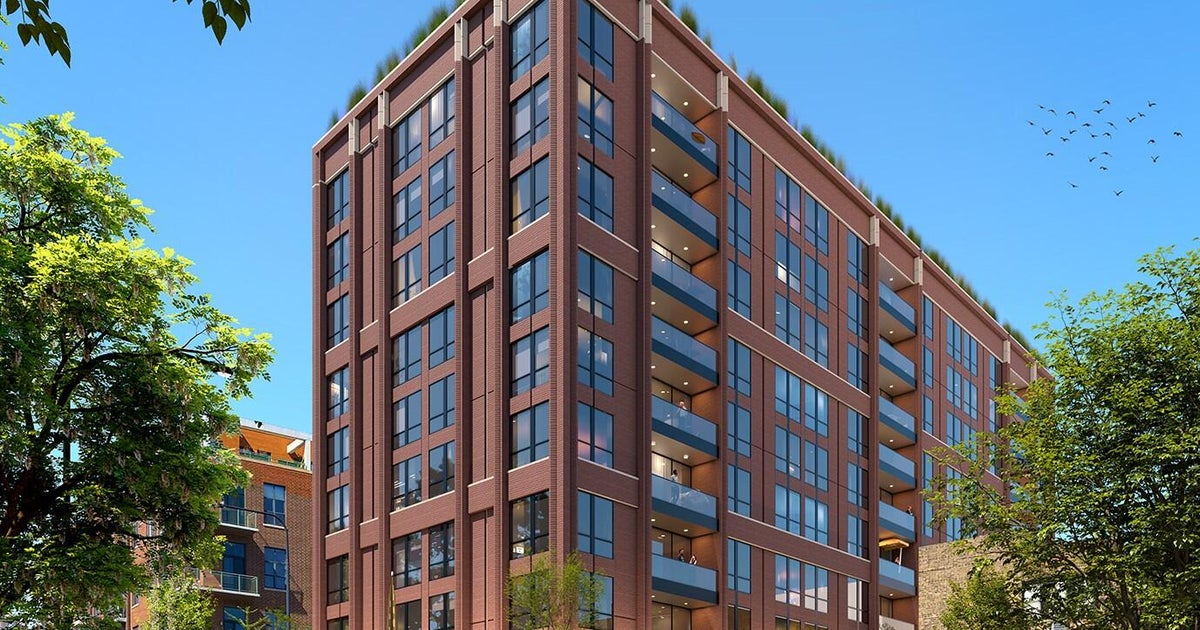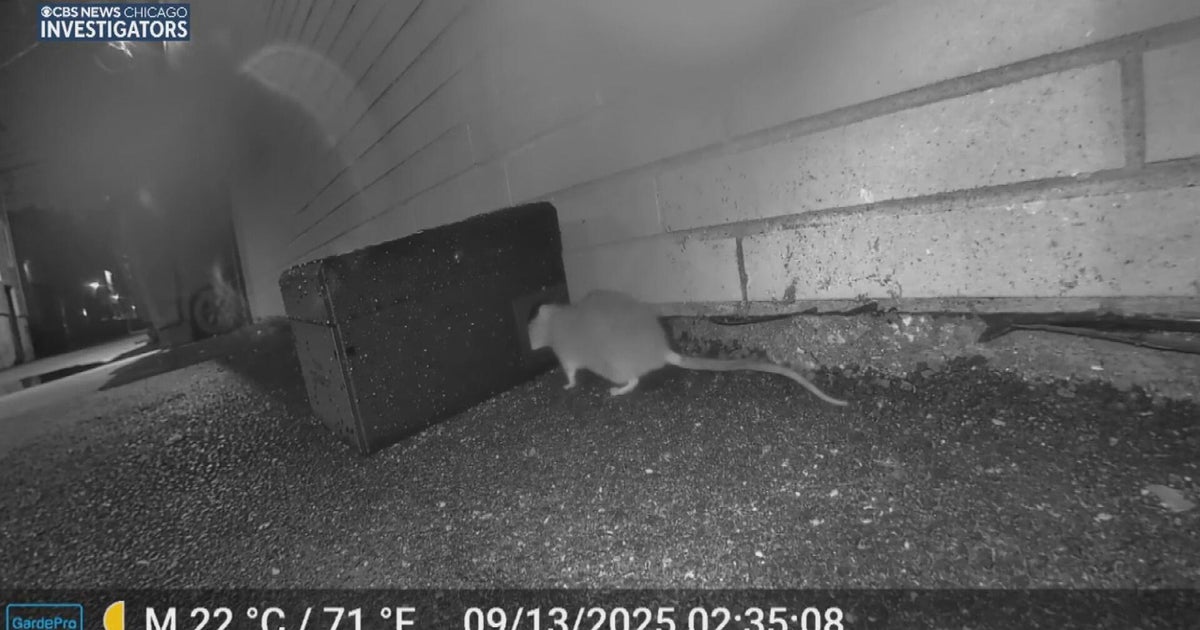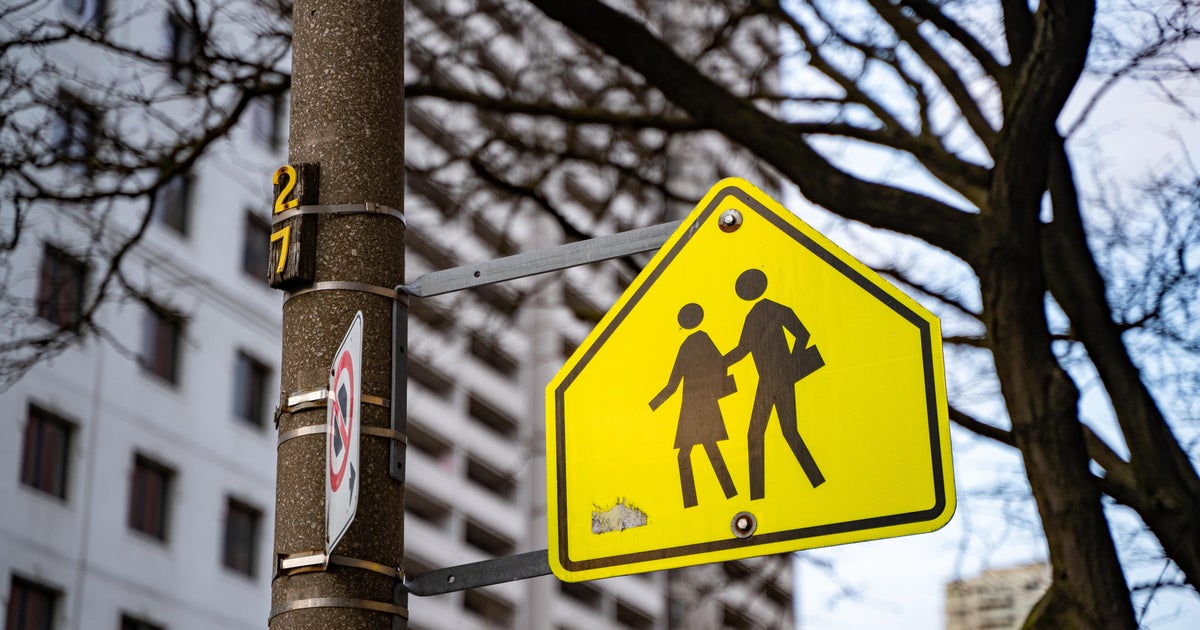Preservation Chicago Proposes Turning Lakefront Into National Park
CHICAGO (CBS) -- Preservationists want to turn Chicago's lakefront into a national park, believing it might be the best way to protect the city's crown jewel.
The miles of undeveloped park land along Lake Michigan sit like emerald green bands beside the bustling concrete city of Chicago.
"It whisks you away from Chicago. I mean, you're a million miles away from Chicago," said Preservation Chicago executive director Ward Miller.
If they exist today, it's thanks in part to the city's adoption of the Burnham Plan in 1909, calling for the lakefront to be preserved and set aside for recreation.
"These should be considered like paintings on the walls of the Art Institute. They are very special, and we should be careful how we steward them," Miller said.
Over the years, there have been challenges to keeping the lakefront open.
In 2007, Mayor Richard M. Daley backed a plan to move the Chicago Children's Museum to Grant Park, but that proposal was scuttled in 2011.
Filmmaker George Lucas wanted to build his Museum of Narrative Art on the parking lot south of Soldier Field, but abandoned his plan and moved it to Los Angeles after a federal judge allowed the Friends of the Parks to move forward with a lawsuit challenging the museum.
And plans for the Obama Presidential Center in Jackson Park remain up in the air, as a lawsuit filed by Protect Our Parks moves forward in federal court.
"We've been very clever in Chicago about keeping these lands open and free," Miller said.
Preservation Chicago has another clever idea for protecting the lakefront. They said the city's lakefront green spaces should be turned into national parks, run by the federal government.
"It takes the politics also out of the park," Miller said.
At the heart of the discussion for preservationists is the promise that the city's lakefront remain forever open, clear and free; dedicated to recreation and beauty, not to commerce and industry.
Creating a new national park in Chicago isn't unprecedented.
After years of lobbying, the historic Pullman neighborhood in 2015 was designated a national monument.
In February, the Indiana Dunes Lakeshore also became a National Park, a move that came without any additional funding.
Currently, the Chicago Park District has a $464 million budget to manage 606 parks. Maintenance funds are sometimes stretched thin.
Designating the lakefront a national park would require a congressional sponsor, and support from the city, but for now Preservation Chicago is planting a seed.
"I think it's really important to make sure that in the future generations that these are still accessible lands," Miller said.
Preservation Chicago also believes national park status could help renovate a number of structures on the lakefront which have fallen into disrepair.







